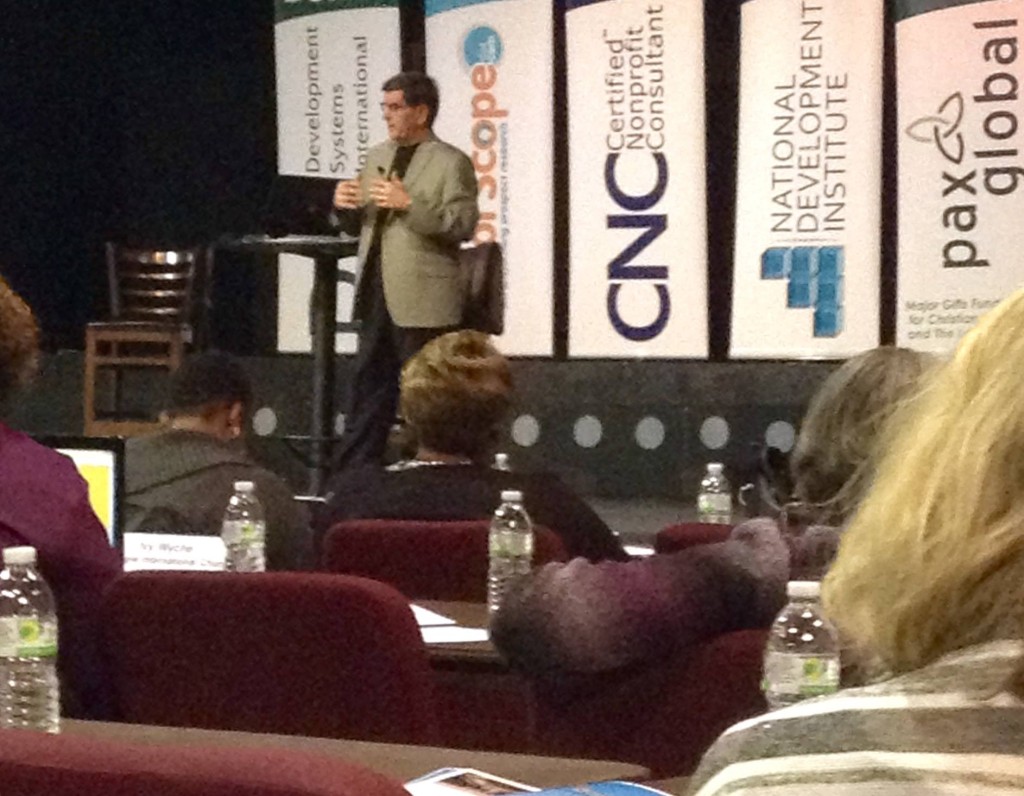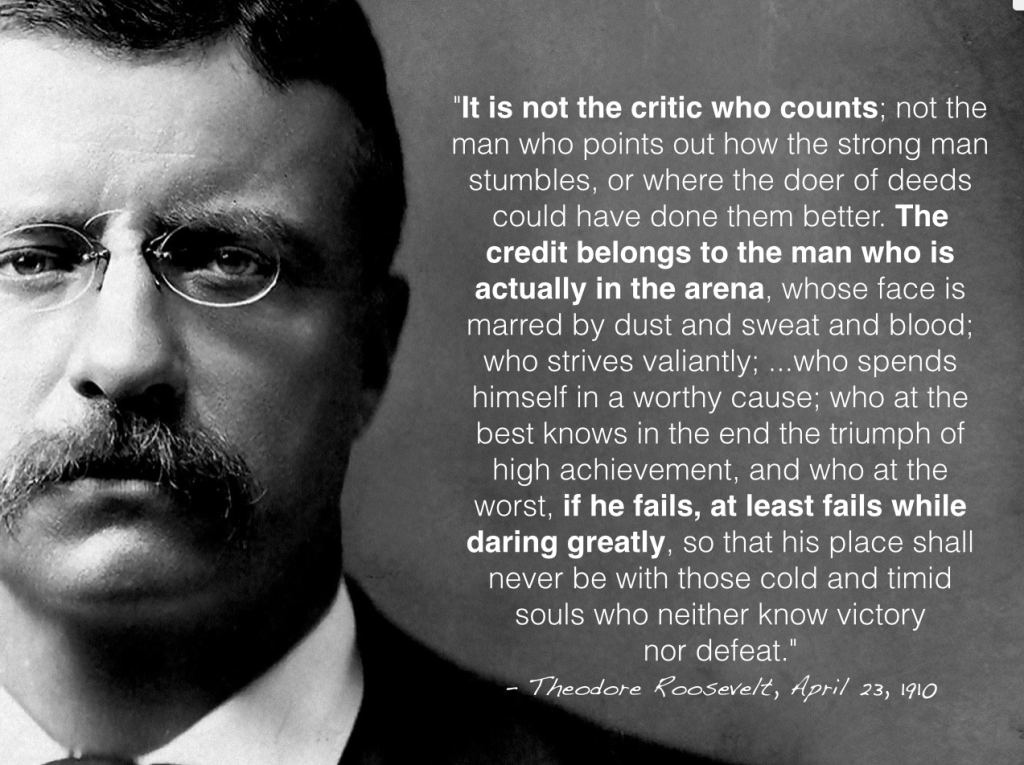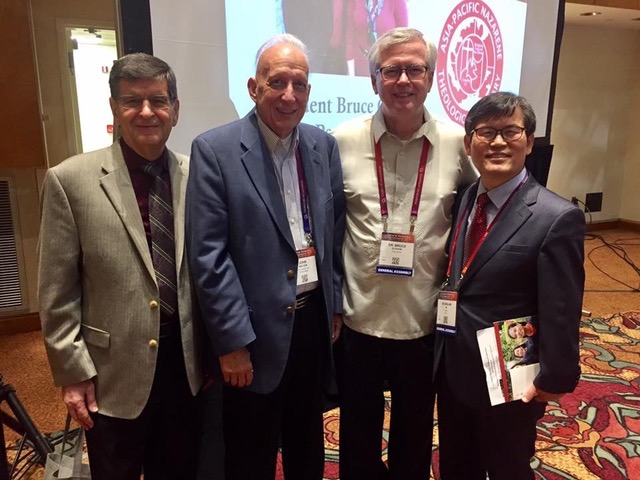In recent years I have become a “board-hugger!” The reason, I believe, is captured in the famous quote of the late president of the United States, Theodore Roosevelt. He gave his powerful “Man in the Arena” speech in 1912 in France, and made this statement:
“It is not the critic who counts; not the man who points out how the strong man stumbles, or where the doer of deeds could have done them better. The credit belongs to the man who is actually in the arena, whose face is marred by dust and sweat and blood; who strives valiantly; …who spends himself in a worthy cause; who at the best knows in the end the triumph of high achievement, and who at the worst, if he fails, at least fails while daring greatly…!”
Healthy board members are not those “naysayers” or “critics” who stand on the side and pass judgment on those who are giving their best for the organization they serve. I salute them, admire and respect them for their resolve to make a difference in their local church or ministry organization, and are willing to pay a price to see those dreams come true. Healthy board members are people “in the arena.” I embrace them, and am grateful for them!
In my work with governing boards, I continue to observe two dynamics within many board members. On the one hand, the commitment of these board members to the mission of their ministry organization, their Christian faith, their professional abilities, and their desire to make a contribution to the ministry and mission impresses me deeply.
Interestingly, I also sense another dynamic. These passionate board members who want to contribute their professional perspective to many of the issues facing the boards on which they serve are amazingly frustrated. Frequently, I hear one of three broad descriptions of their boards:
1) decisions had already been made by a few who only wanted the full board to “rubber-stamp” these “decisions” that had previously been made; or
2) upon arriving at the board meetings, the agendas have not been developed and time is wasted, from their perspectives, in tying to shape the agendas for board consideration; or
3) because many of these organizations spend significant board time reviewing the financials and operations, there is not quality time given to strategic thinking, questioning, dreaming and planning, to financial development and major gifting for the ministry. As men and women “in the arena,” they ask for and deserve mentoring and support.

I attempt to address these concerns in a presentation, “The High Performance Board,” given recently at a National Development Institute sponsored “Faith and Fundraising” Conference in Jacksonville, Florida. Please click here for the link to the 13 page text of the presentation.
In summary, pastors/leaders and boards move from missional vision to productive action to significant results when STRONG BOARDS EMPOWER MISSIONAL AND VISIONAL LEADERS; AND STRONG LEADERS EMBRACE PASSIONATE AND ENGAGED BOARDS. I welcome your comments to the presentation.






